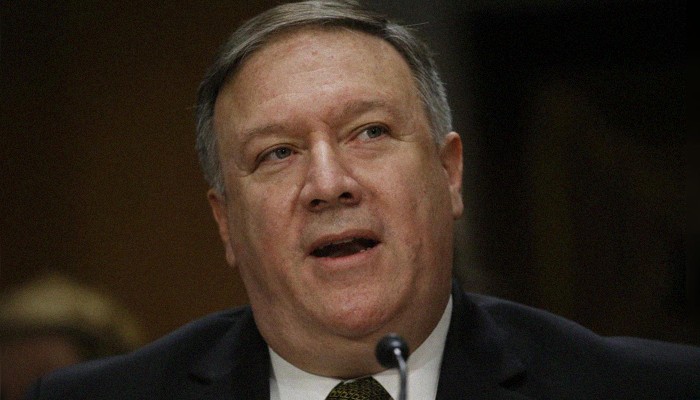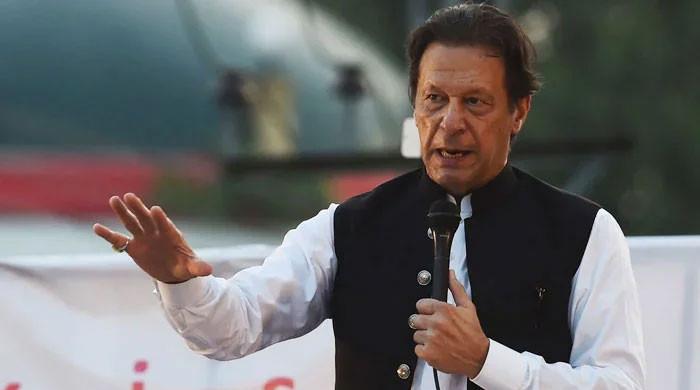Pakistan rejects 'politically motivated' US pronouncement on religious freedom violations
FO terms congressionally-mandated annual report as 'unilateral and politically motivated'
December 12, 2018
ISLAMABAD: Pakistan on Wednesday rejected the US State Department's move to add the country to its blacklist of countries that violate religious freedom as “unilateral and politically motivated”.
A day earlier, US State Secretary Mike Pompeo said he had designated Pakistan among the "countries of particular concern" in a congressionally-mandated annual report, which means that the US government is obliged to exert pressure to end freedom violations.
Responding to the pronouncement, the Foreign Office said, “Besides the clear biases reflected from these designations, there are serious questions on the credentials and impartiality of the self-proclaimed jury involved in this unwarranted exercise.”
“Pakistan is a multi-religious and pluralistic society where people of diverse faiths and denominations live together. Around four percent of our total population comprises citizens belonging to Christian, Hindu, Budhists and Sikh faiths. Ensuring equal treatment of minorities and their enjoyment of human rights without any discrimination is the cardinal principle of the Constitution of Pakistan,” it added.
.
.
The FO highlighted, “Special seats have been reserved for minorities in the Parliament to ensure their adequate representation and voice in the legislation process. A vibrant and independent National Commission on Human Rights is functioning to address concerns on violation of the rights of minorities.”
It further pointed out, “Successive governments have made it a priority that rights of citizens belonging to minority faiths are protected as guaranteed by the law and the Constitution. The higher judiciary of the country has made several landmark decisions to protect the properties and places of worships of minorities.”
“As a party to 7 out of the 9 core human rights treaties, Pakistan is submitting its compliance reports on its obligations with regard to fundamental freedoms. The government of Pakistan has devised well establishment legal and administrative mechanisms to safeguard the rights of its citizens.”
“Pakistan does not need counsel by any individual country how to protect the rights of its minorities,” the FO asserted.
“Sadly, the proponents of human rights worldwide close their eyes on systematic persecution of minorities subjected to alien domination and foreign occupation such as in the occupied Jammu and Kashmir. An honest self-introspection would also have been timely to know the causes of exponential rise in Islamophobia and anti-Semitism in the US,” it concluded.
A statement from the US Department of State said the countries were added to the list under the International Religious Freedom Act of 1998 for having engaged in or tolerated "systematic, ongoing, [and] egregious violations of religious freedom".
"In far too many places across the globe, individuals continue to face harassment, arrests, or even death for simply living their lives in accordance with their beliefs. The United States will not stand by as spectators in the face of such oppression," Secretary Pompeo said in the statement.
"These designations are aimed at improving the lives of individuals and the broader success of their societies. I recognize that several designated countries are working to improve their respect for religious freedom; I welcome such initiatives and look forward to continuing the dialogue," he added.
Nine countries, including China, Eritrea, Iran, Myanmar, North Korea, Saudi Arabia, Sudan, Tajikistan, and Turkmenistan, remained for another year on the list of Countries of Particular Concern. Only one country — Uzbekistan — was removed from the list but is still on watch.













